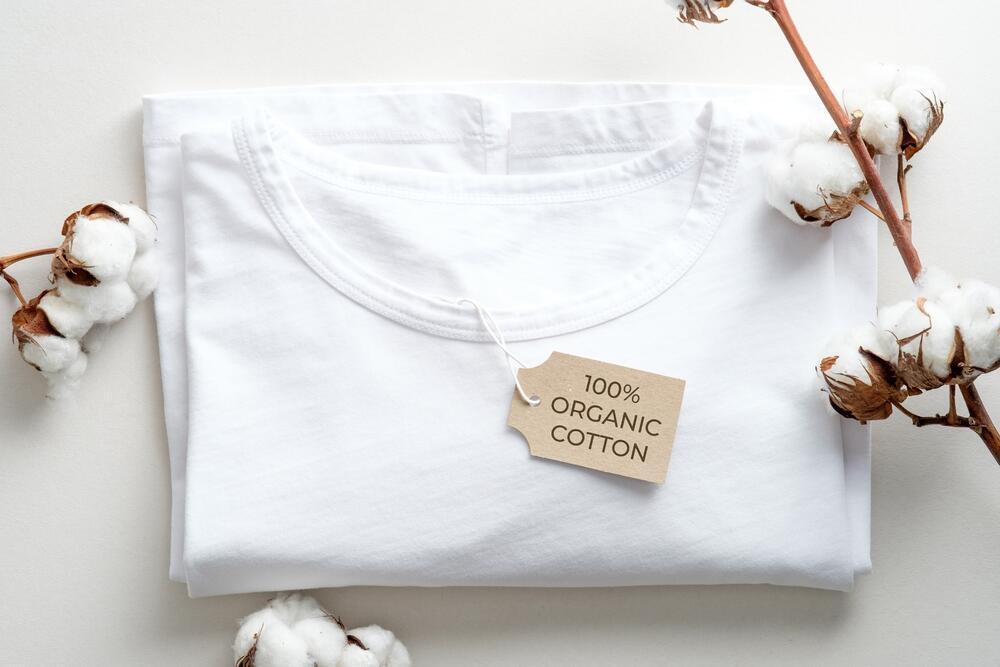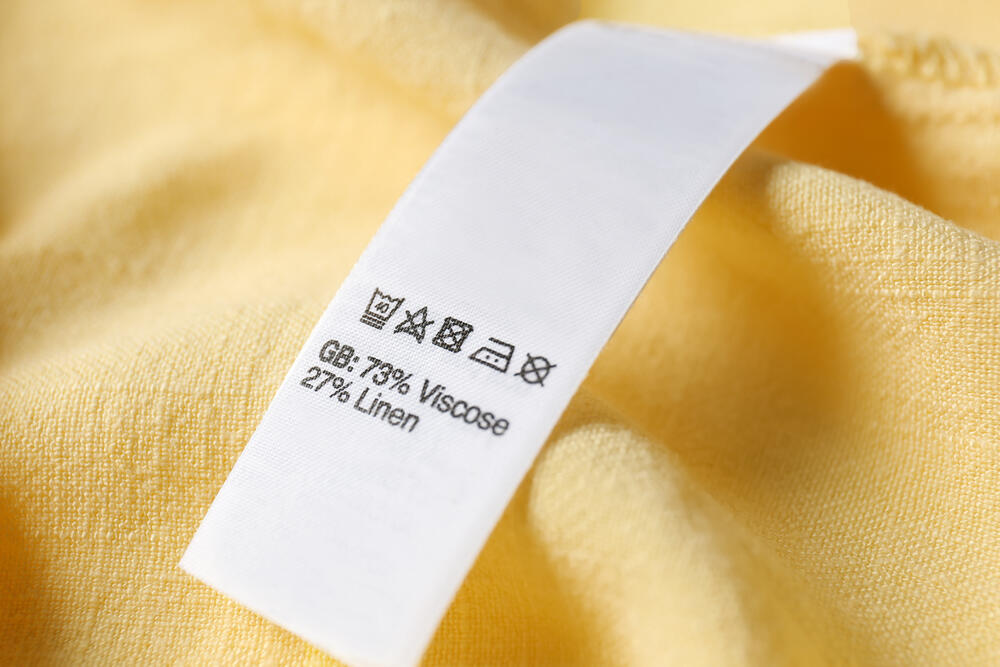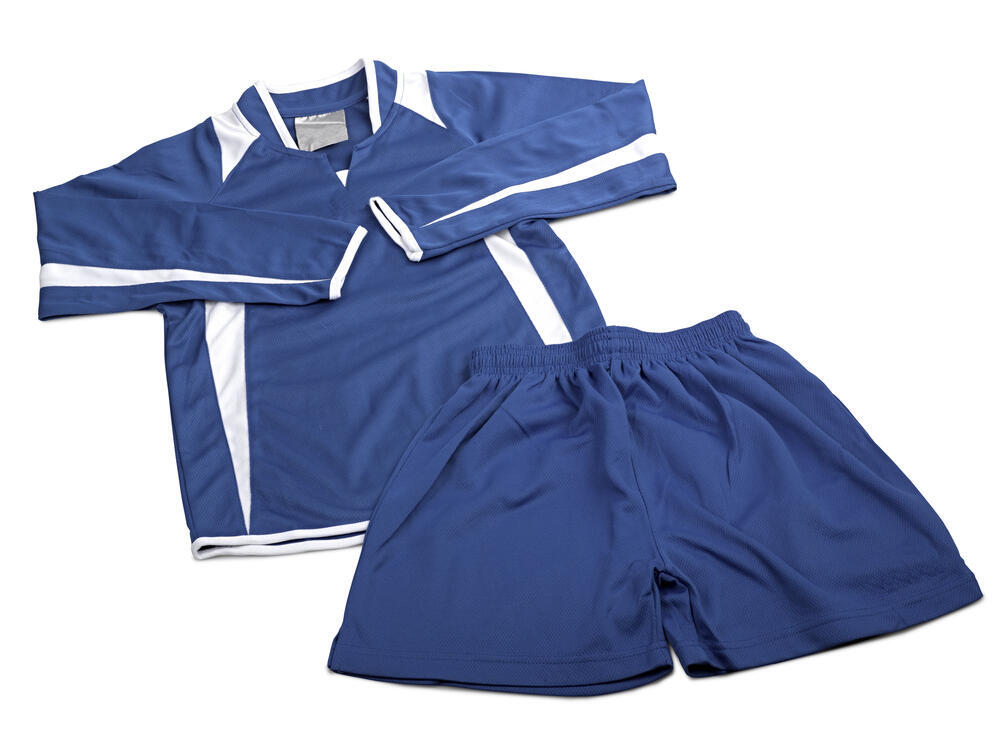Getting your Trinity Audio player ready...
Summers are becoming increasingly hot and humid each year, causing us to sweat more, both day and night. It has now been revealed that one type of shirt smells worse from sweat compared to shirts made from different materials. What's the reason behind this, and what fabric is best suited for hot days?
An analysis of different fibers soaked in a simulated sweat solution showed that cotton and viscose—fabrics made from plant-based cellulose fibers—absorbed and subsequently released smaller amounts of odor-causing compounds compared to polyester, nylon, and wool. This key finding from research conducted by a team from the University of Alberta in Canada, and published in the Textile Research Journal, explains why some fabrics in our everyday clothing smell worse than others when we sweat.
"Although we know that polyester garments smell worse after being worn by a sweaty person compared to cotton T-shirts, for example, we didn't really understand why. Now we have a better understanding," says Dr. Rachel McQueen, a clothing and textile researcher at the Faculty of Agricultural, Life & Environmental Sciences at the University of Alberta, who conducted the study with colleagues from the University of Otago in New Zealand.
"Body odors typically transfer to clothing through liquid sweat, but most previous research focused on how odors are absorbed from the air into clothing. Now, we focused on direct contact between sweat and the fabric. If a person sweats from their armpit but there is no direct contact between the sweat and the garment, the garment's odor is not as bad compared to when there is direct contact," explains Dr. McQueen. She notes that using a liquid sweat solution provided more realistic insights into how these foul-smelling compounds are absorbed by fabrics.
The researchers soaked the fibers in the sweat solution for various periods and then examined the release of different odor-causing compounds from those fibers using analytical equipment capable of identifying odor substances in the air in real-time—similar to the human nose.
The study found that cellulose fibers absorb smaller amounts of these compounds when transferred through the sweat solution, compared to textiles made from wool, nylon, and polyester, which released higher quantities of the foul-smelling compounds.
Sweat, mostly composed of water, also contains fatty compounds that bacteria convert into odors. "These fatty compounds and odorants in aqueous sweat can interact differently with textiles depending on the fiber chemistry. While cellulose fibers like cotton and viscose absorb more aqueous sweat, polyester does not absorb the water in sweat but rather the fatty compounds that later break down and become smellier," explains Dr. McQueen.
The research findings help explain why clothing made from cellulose fibers tends to smell less than synthetic fabrics after being worn. Additionally, it was found that while nylon and wool initially absorbed a lot of the odor compounds from sweat, they released them more quickly than polyester. After 24 hours, wool and nylon had much lower levels of odor compound emissions, approaching those of cellulose fibers.
"While polyester clothing requires washing to get rid of bad odors, nylon and wool garments do not necessarily need washing; airing them out can suffice," says Dr. McQueen.
Expanding knowledge on why sweat causes certain fibers to smell can help consumers make more informed choices when purchasing clothing. According to Dr. McQueen, this information is important not only for buying athletic wear but also for everyday clothing.
"Anyone concerned about their clothes smelling from sweat should avoid polyester. Even if it is antimicrobial, it might not be very effective at neutralizing unpleasant odors due to the fiber chemistry and interaction with odor compounds in sweat," explains Dr. McQueen, hoping that her and her colleagues' findings will help textile researchers and manufacturers develop polyester that absorbs the water in sweat and fewer fatty compounds that break down into bad odors.





